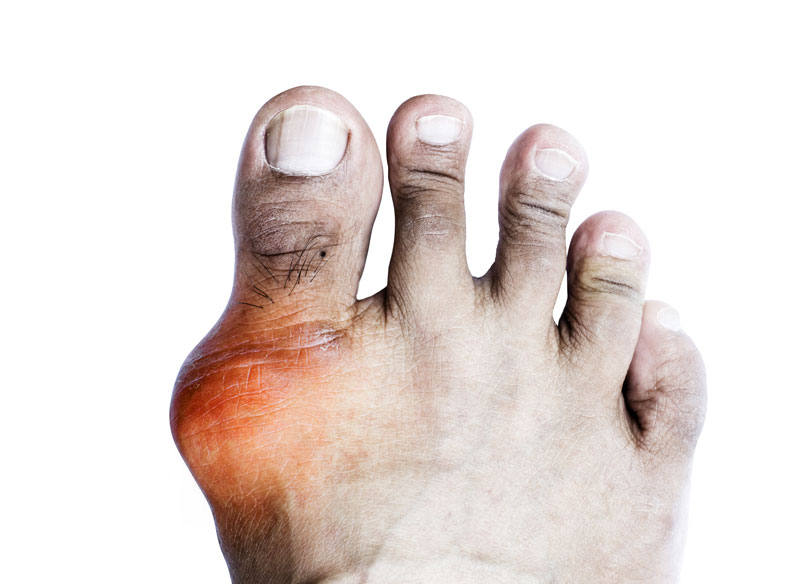Gout Clinical Study
Elite Clinical Studies is leading a Gout clinical trial study, supporting physicians in investigating and managing this inflammatory arthritis condition while ensuring rigorous adherence to regulatory standards.
Current Clinical Studies
Gout
Welcome to Elite Clinical Studies in Phoenix, Arizona, where we are leading a Gout Clinical Trial Study. Gout, characterized by sudden, severe joint pain and inflammation, is a focus of our research aimed at advancing understanding and treatment. Participants in our Gout Clinical Trial Study not only contribute to medical knowledge but may also be compensated for their time and commitment.
Understanding Gout:
Gout is an inflammatory arthritis marked by the sudden onset of pain, tenderness, and redness in the joints, commonly affecting the big toe. It is caused by the buildup of uric acid, leading to the formation of needle-like crystals in the joints.
Symptoms of Gout:
- Intense Joint Pain: Gout attacks bring about sudden and severe joint pain.
- Swelling and Inflammation: Affected joints may become swollen, warm, and tender.
- Limited Range of Motion: Stiffness and restricted movement in the affected joints.
- Redness and Discomfort: The skin around the joint may appear red and feel sensitive.
Our Gout Clinical Trial Study:
At Elite Clinical Studies, we recognize the impact of Gout on individuals’ lives. Our clinical trials aim to improve understanding and treatment options for this complex condition. By participating, you not only contribute to medical knowledge but may also be compensated for your time.
Key Aspects of Our Gout Clinical Trial Study:
- Cutting-edge Interventions: We explore innovative approaches to manage and alleviate Gout symptoms, enhancing participants’ quality of life.
- Treatment Strategies: Our research investigates the effectiveness of various treatments, including medications and lifestyle modifications.
- Personalized Care: Tailored care is provided to optimize treatment plans and enhance overall well-being.
Compensation for Participants:
We value the time and commitment of our participants. In appreciation, eligible individuals may receive compensation for their involvement in the Gout Clinical Trial Study.
Participate in our study, contribute to medical advancements, and potentially receive compensation for your valuable time. Your involvement makes a significant impact on rheumatology research, shaping the future of Gout treatment and improving the lives of those affected.

